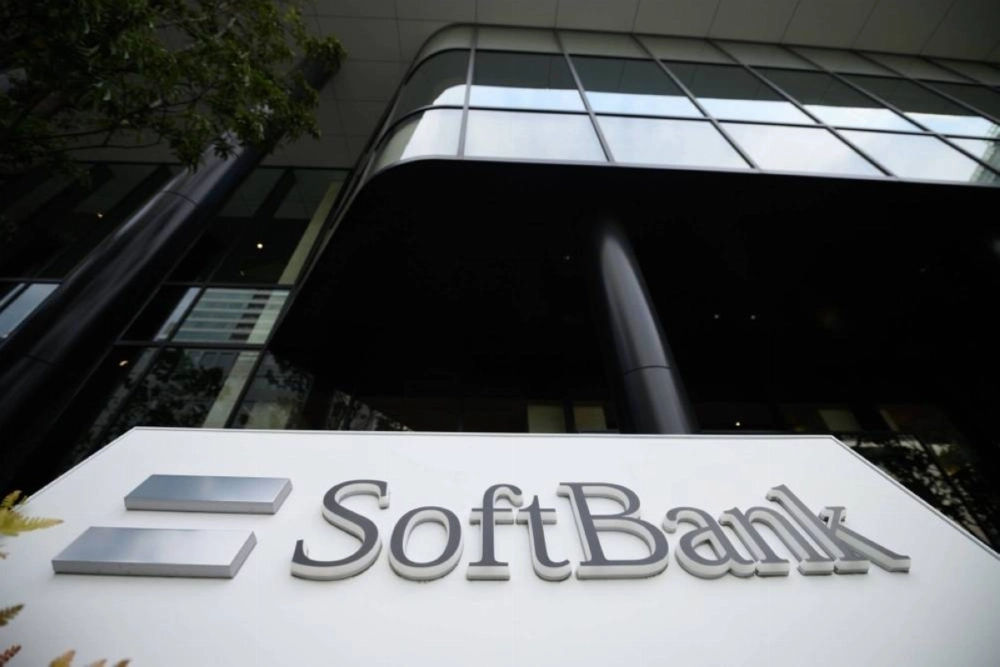SoftBank Group is contemplating legal action against Moody's Ratings after it issued a report on the tech-focused holding company.
The gripe is not so much about the Ba3 rating published in the report, especially since the credit-rating agency's outlook for SoftBank was upgraded from stable to positive. It is instead about the rating being unsolicited.
Bonds that are rated Ba3 by Moody’s are considered noninvestment grade, or speculative. In Wall Street jargon, they are known as junk bonds.

















With your current subscription plan you can comment on stories. However, before writing your first comment, please create a display name in the Profile section of your subscriber account page.